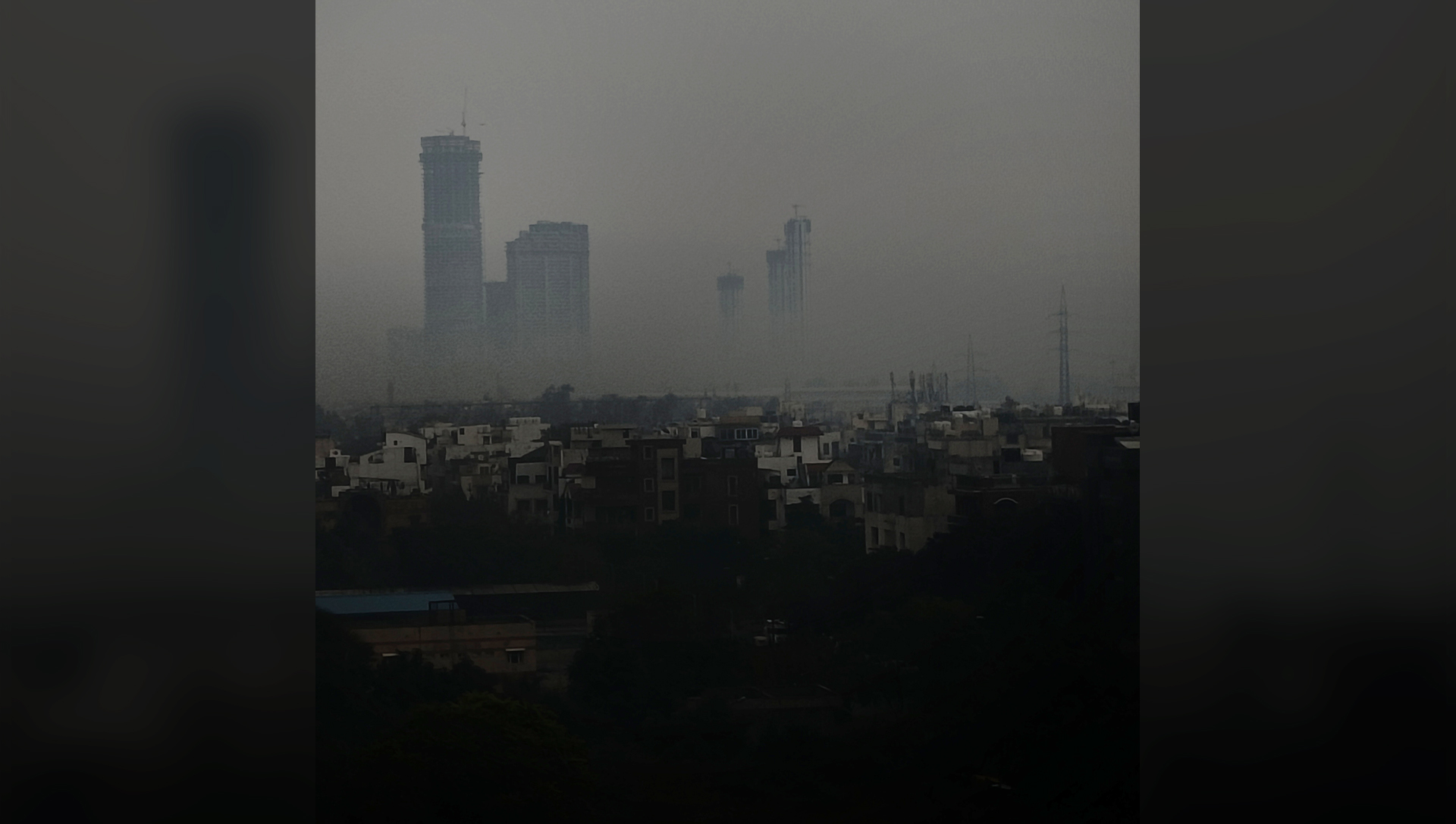


NEW DELHI: While many of us cherished the ‘fresh air’ and ‘a clear sky’ during the lockdown days in 2020, the Energy Policy Institute at the University of Chicago (EPIC) burst the bubble of myth.
The EPIC India report stated that India remained one of the most polluted countries in South East Asia and the Indians lost, on an average, five years of life expectancy. In a damning revelation, the National Capital Territory of Delhi remained the most polluted megacity in the world. The report said that people in Delhi shortened their lives by 10 years during COVID-induced restrictions in 2020 when people supposedly breathe relatively fresh air.
The latest data from Air Quality Life Index (AQIL) significantly states that since 1998, average annual particulate pollution has increased by 61.4 per cent, leading to a further reduction in average life expectancy of 2.1 years.
In comparison, child and maternal malnutrition reduce average life expectancy by 1.8 years while smoking reduces it by 1.5 years.
According to the report, the 2020 data for the particulate matter 2.5 (PM 2.5) showed Delhi has a PM 2.5 level of 107.6 for a population of 17.7 million.
ALSO READ: Opinions Differ On Extended Summer Vacation In Bengal
Neighbouring Uttar Pradesh is next on the list with a PM 2.5 level of 88.3 for a population of 220.1 million. Bihar, with a population of 117.9 million, has a PM 2.5 level of 85.9. The residents of Lucknow, UP’s capital city, stand to lose 9.5 years of life expectancy if these pollution levels persist, the report reads.
However, particulate pollution is no longer restricted to just Indo-Gangetic plains. Maharashtra and Madhya Pradesh, with a cumulative population of 200 million, have seen a rise in pollution by 68.4 and 77.2 per cent, respectively, since the year 2000.
“Since 2013, about 44 per cent of the world’s increase in pollution has come from India alone,” reads the report.
The report also stated that more than 63 per cent of the Indian population live in areas that exceed the country’s own national air quality standard.
Around 510 million people who live in the Indo-Gangetic plains of Northern India, which accounted for 40 per cent of India’s population, are on track to lose 7.6 years of life expectancy on average if current pollution levels persist.
Launched in 2019, the government’s National Clean Air Programme (NCAP) initiated measures to reduce particulate pollution by 20 to 30 per cent, relative to 2017 levels, by 2024. If India achieves and sustains this reduction, it would lead to remarkable health improvements.
ALSO READ: Covid Not Over, Warns Union Health Minister
According to the AQLI, “a permanent, nationwide reduction of 25 per cent, the midpoint of NCAP’s target range, would increase India’s average national life expectancy by 1.4 years, and by 2.6 years for residents of the National Capital Territory of Delhi.”
The report in a broader perspective also reveals that South Asia remains the pollution hotspot. India, China, Pakistan, Bangladesh and Indonesia alone account for three-quarters of the air pollution burden, due to their high pollution levels and large populations.